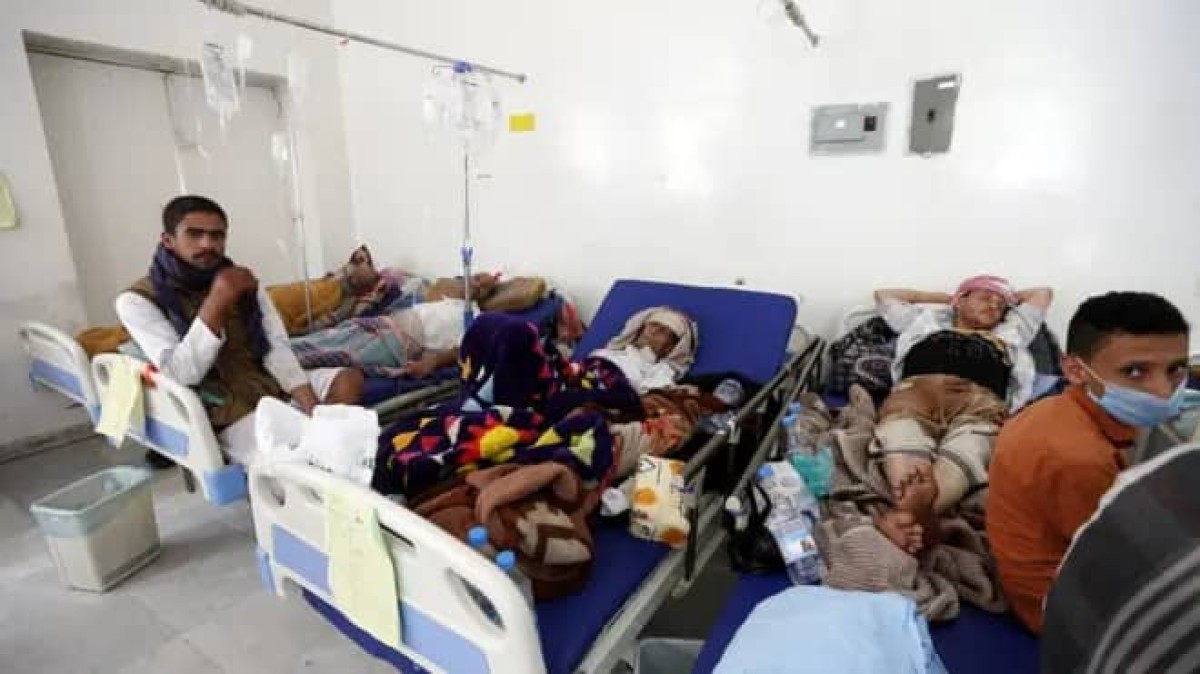An international report expects cholera cases to rise to about half a million by next March


An international report expects that cholera cases in Yemen will double to nearly half a million cases by next March, if intensive interventions are not implemented to curb the spread of the deadly epidemic.
The latest joint monitoring report, issued by six UN agencies and international organizations, said that cases of acute watery diarrhea and suspected cholera may reach 463,000 cases next March, if intensive interventions are not implemented to curb the spread of the epidemic.
The report added that humanitarian responders estimate that the continuation of severe outbreaks of watery diarrhea and cholera at the current pace “may lead to the generation of up to 244,000 additional cases, during the period between October 2024 and March 2025.”
He indicated that more than 219,000 suspected cases had been reported as of October 20, 2024 in all 22 governorates.
The report indicated that children who suffer from malnutrition are at increased risk of contracting cholera, and according to UN reports, 2.4 million children are at risk of increased rates of morbidity and mortality resulting from complications related to malnutrition.
He stressed that immediate and flexible funding is essential to support health, sanitation and hygiene infrastructure and allow responders to effectively address the cholera outbreak, as “$20 million is urgently needed to manage these expected increases in cholera cases.”
The report warns that the cholera epidemic will continue to spread unless this funding is secured to “strengthen CDC operations, support water and sanitation activities, sustainable risk communication efforts, and community engagement to improve public knowledge of prevention measures.” ".
It is noteworthy that the report is the product of the work of a joint team that includes members of UN agencies (FAO, UNICEF, the World Food Programme, and the World Health Organization), in addition to the World Bank (WB) and the Capacity Assessment Project (ACAPS), and it is an update issued every two months. To monitor the risks of the food and nutrition security crisis in Yemen.